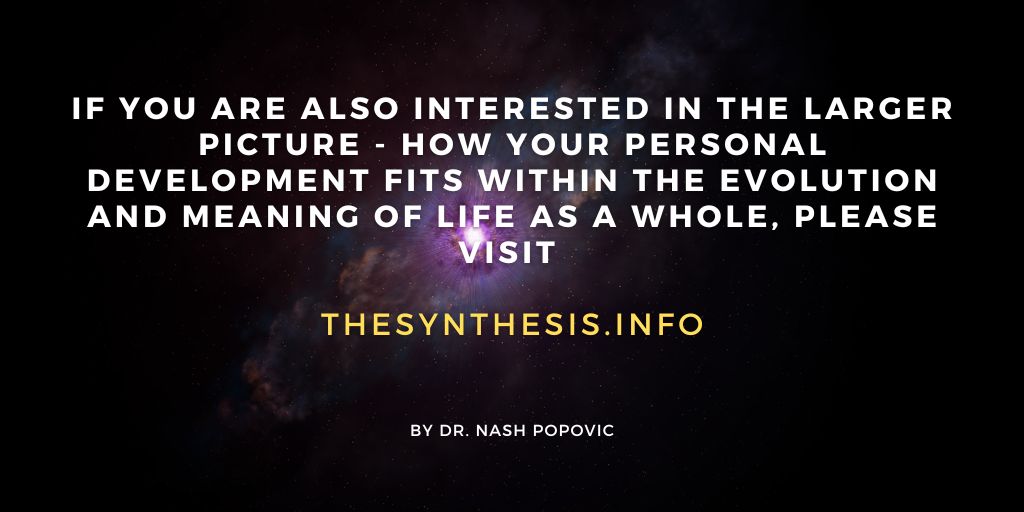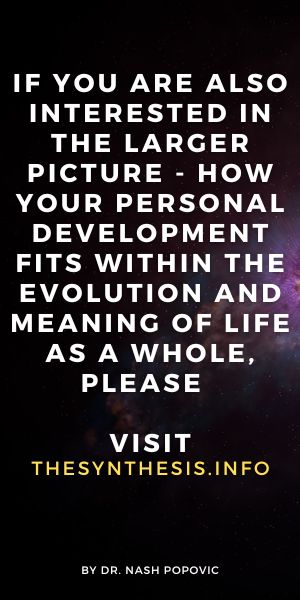Integrative Group
This group consists of the areas that affect or contribute to the integration and growth of the whole person:
- Harmonisation (achieving inner harmony) is the root area of this group as it affects all other areas. It is also on the axis, indicating that it involves both the existence and agency modes. We will see that dealing with inner conflicts, which is a principal way of achieving inner harmony, involves both.
- Stability should not be confused with low arousal, which is why it is not a counterpart to Excitement. You can maintain stability even when you are excited, and you can lose it when you are not (e.g. if bored). Furthermore, excitement always has an object (we are excited about something) while stability does not. Although we can be destabilised by external factors, we are not stable about something, it is a state of mind. This is why stability is in the Integrative group. It belongs to the existence mode as it is about being rather than doing.
- Self-discipline (self-regulation, self-control) is a typical area for the agency mode. It is all about applying agency to oneself. Self-discipline is a counter-part to stability, the latter being an internal state and the former a behavioural manifestation of our psychological alignment.
- Development is the top area in this group, as it relies on the others. Development is a partly spontaneous and a partly deliberate process, which it why it is on the axis (encompassing both the existence and agency modes). It should be pointed out that development is different from learning. We learn something, while we develop ourselves – learning contributes to development only if it is integrated. This area is also different from personal change. The former is about the process, while the latter is about the end result (achieving a desirable state). A change may, but does not need to, contribute to personal development (e.g. switching from coffee to tea). Similarly, getting better through practising, for example, is a development that doesn’t require a substantial change. This group is the final group of the Self category.

